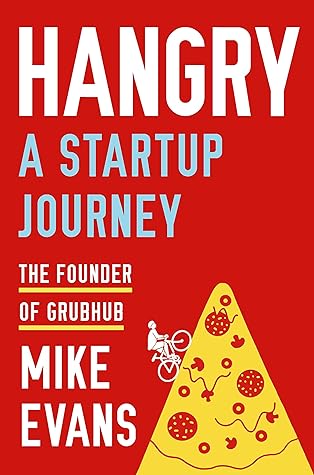Kindle Notes & Highlights
A good quitting comes hand in hand with a goal. It’s abandoning a thing in favor of something better. Giving up is just frustration and apathy.
The best way to start is to start.
Getting the business is the hard part. Building features is easy.
“Maybe you’ll think next time before you blame your customers for your inferior product.”
Once you have discovered what the client needs, you smoothly transition to revealing how your product meets those needs. Then, and only then, ask for the money. Repeat until rich: First, discover needs. Second, meet needs. Third, ask for money.
Eventually, after years of trial and error and testing of guesses, Dr. Bose knew almost exactly which numbers drove growth.
Iteration and observation eventually shows a business owner how to tweak numbers to drive growth at a company.
New customers are expensive. Getting them to notice you takes a lot of work. But repeat customers are cheap, and they already know who you are. That’s how J.B. Alberto’s gets 95 percent of their business each month for free. Renewals.
Think about what you’re trying to accomplish before setting out to do it. Be thoughtful what you ask for, because you’ll probably get it.
Goals trump frustration, annoyance, and boredom nine times out of ten.
The innovations look blindingly obvious in retrospect, and easy for everyone on the outside looking in. But it can take months, or even years, of doing things the wrong way before the right path forward crystallizes.
There are no silver bullets in marketing. The answer is to try everything—always keep experimenting; and when you find stuff that works, do more of that. (Until it stops working, then try something else.)
It turns out that the other thing that matters with marketing is time. Growth doesn’t happen overnight. Marketing a startup is better thought of as how a glacier grinds down a mountain: Steady pressure over time.
Hard work is a competitive differentiator.
Creating a startup means living in an uncomfortable tension. It requires having the arrogance to assume that a thing that I invented—with no prior experience in the industry—is going to revolutionize that industry.
Interested parties argue with you, but the ones who are meekly agreeing are in fact just cooking up an escape strategy.
The path from total ignorance to job done follow a pattern: Just start, figure out the details along the way.
“Make no little plans; they have no magic to stir men’s blood and probably themselves will not be realized. Make big plans; aim high in hope and work.”
Don’t get spoon-fed your definition of success.
No amount of effort can skip over the necessary time it takes for a new product to worm its way into the collective consciousness of a new group of customers.


